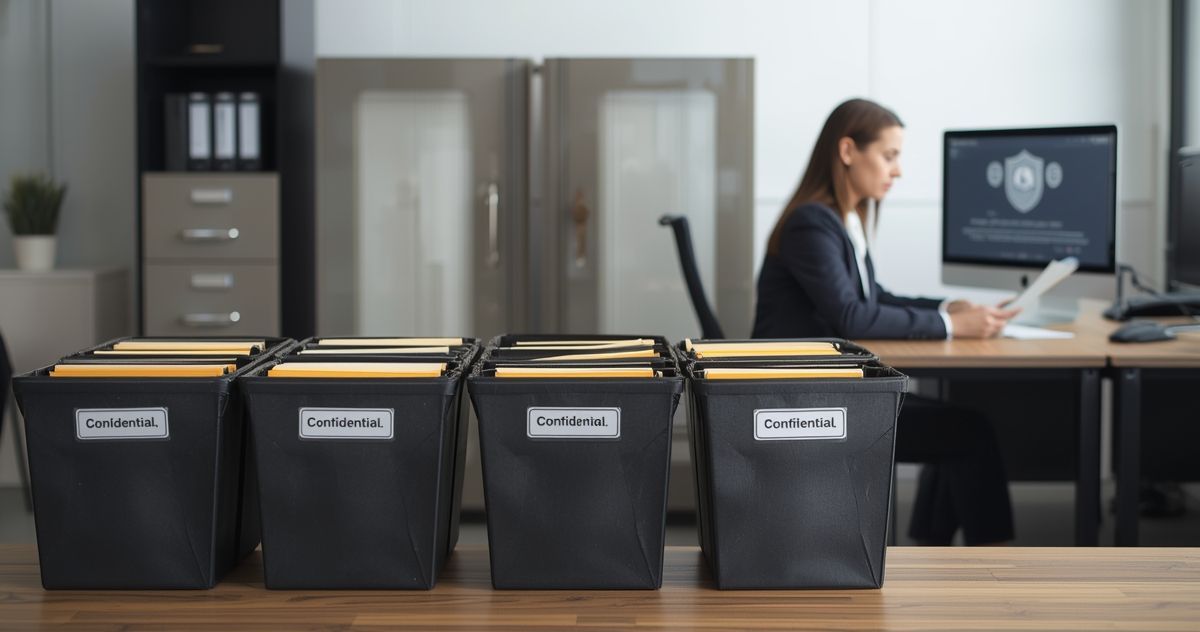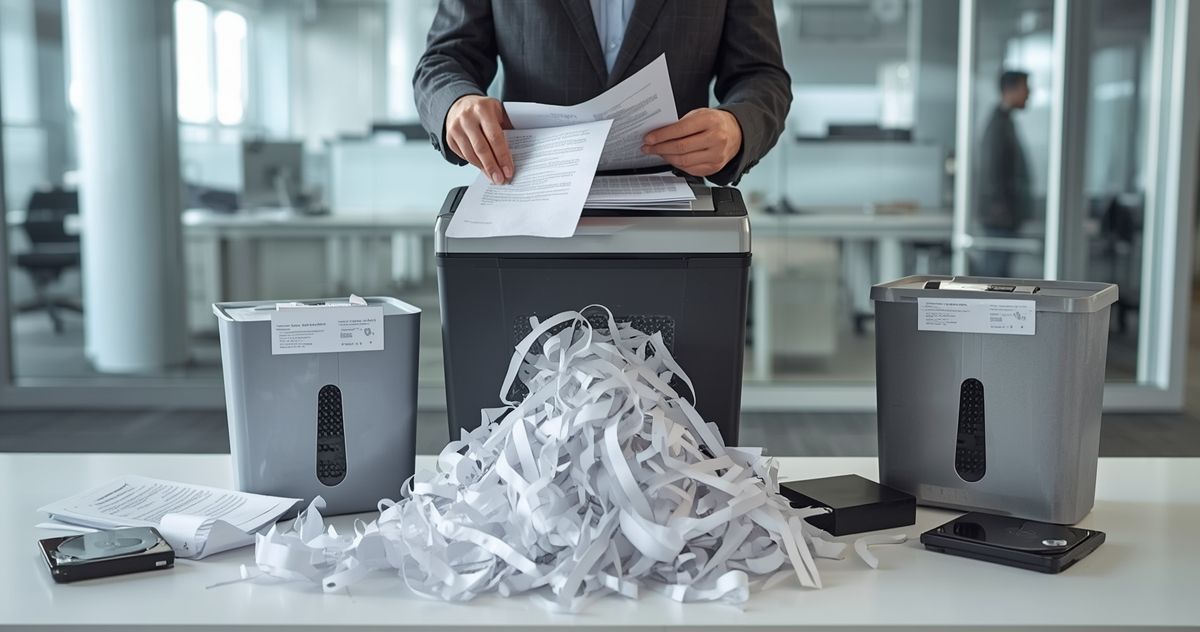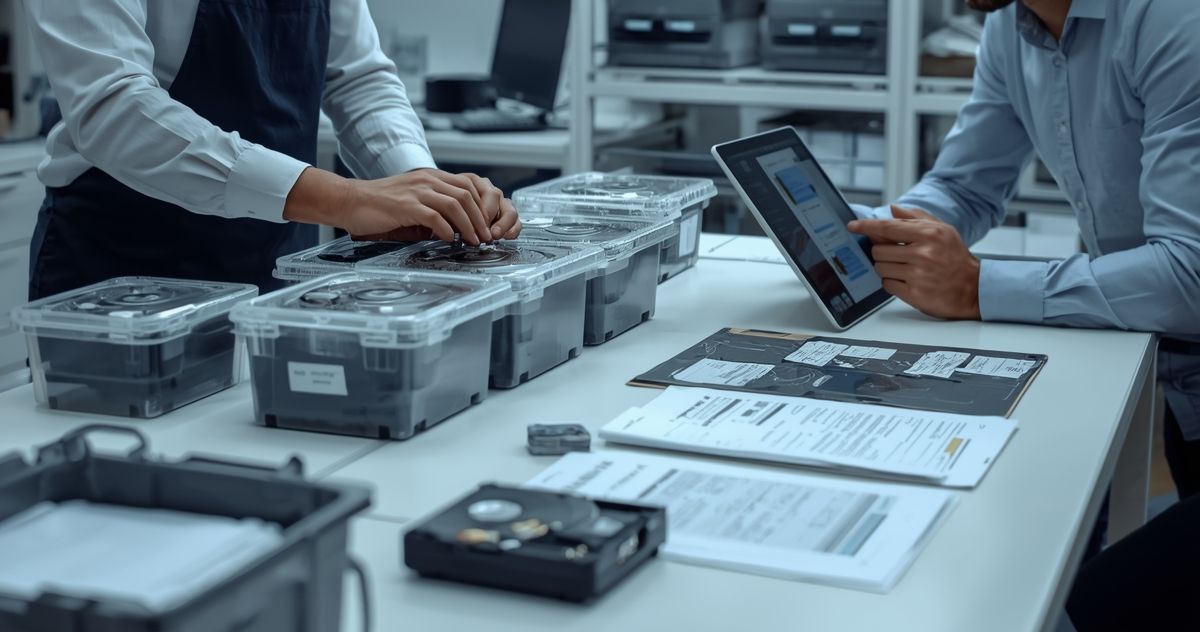The Surprising Truth About Recycling Hard Drives
The Surprising Truth About Recycling Hard Drives
Have you ever wondered what happens to your old hard drives once they outlive their usefulness? With so many devices becoming obsolete at an alarming rate, the question of how to responsibly dispose of these components is more relevant than ever.
This blog post dives into the fascinating world of hard drive recycling, exploring whether and how these devices can be recycled, and why it's important for both the environment and your data security.
What Happens to Old Hard Drives?
When hard drives become outdated or fail, they often end up in landfills or forgotten in drawers. But simply discarding them isn't the best option. Hard drives contain valuable materials that can be reused, as well as potentially hazardous substances that shouldn't be left to degrade in the environment.
The Environmental Impact
Old electronics, including hard drives, contribute significantly to e-waste. This waste contains toxic substances like lead, cadmium, and mercury, which can leach into the soil and water, causing environmental harm. Recycling hard drives helps mitigate these risks.
Valuable Materials Inside
Hard drives consist of various valuable materials, including aluminum, copper, and rare earth elements. By recycling components, these materials can be recovered and reused, reducing the need for new raw materials and conserving natural resources.
Data Security Concerns
One of the main reasons people hesitate to recycle hard drives is the fear of data theft. Proper recycling processes ensure that data is securely erased or destroyed, protecting your sensitive information from falling into the wrong hands.
Is Hard Drive Recycling Possible?
Yes, hard drives can indeed be recycled. The process involves several steps to ensure that materials are recovered safely and efficiently. Let's take a closer look at how it's done.
Collection and Sorting
The first step in recycling hard drives is collection. Recycling centers, e-waste programs, and certain retailers offer drop-off points for old electronics. Once collected, the hard drives are sorted to separate them from other types of e-waste.
Data Destruction
Before recycling can commence, any remaining data on the hard drives must be securely destroyed. This can be done through physical destruction, such as shredding.
Dismantling and Material Recovery
After data destruction, the hard drives are dismantled. Components like the platters, magnets, and circuit boards are separated and processed to recover valuable materials. Metals are melted down and purified, while other materials are sorted for further recycling.
Benefits of Recycling Hard Drives
Recycling hard drives offers numerous benefits beyond simply reducing e-waste. Here are some key advantages:
Environmental Protection
By recycling hard drives, we prevent harmful substances from contaminating the environment. Proper recycling ensures that these toxic materials are handled safely, reducing their impact on ecosystems and human health.
Resource Conservation
Recycling recovers valuable materials that can be used in manufacturing new products. This reduces the need for mining and extracting raw materials, conserving natural resources and minimizing environmental disruption.
Economic Benefits
The recycling industry creates jobs and stimulates economic growth. By supporting recycling programs, you're contributing to a sustainable economy that benefits both people and the planet.
Common Uses for Recycled Hard Drive Materials
Recycled hard drive materials find new life in various applications. Metals recovered from hard drives are used in the production of new electronic devices, automotive parts, and even jewelry. Recycled plastics can be transformed into items like plastic bottles, containers, and furniture. Magnets can be reused in manufacturing or scientific research.
By recycling hard drives, we contribute to a circular economy where materials are continuously reused, reducing the need for new raw materials and minimizing waste.
How to Recycle Your Hard Drive
If you're ready to recycle your old hard drive, here are some steps to follow:
Find a Certified Recycler
To recycle your hard drive responsibly, start by finding a certified e-waste recycler in your area. Certified recyclers adhere to strict standards for data destruction and environmental protection, ensuring that your hard drive is recycled safely and responsibly.
Prepare Your Hard Drive
Before recycling, make sure to back up any important data you want to keep. Then, use data destruction software or physically destroy the drive to secure your information.
Drop Off or Mail-In
Take your prepared hard drive to a designated recycling center or use a mail-in program if available. Some retailers and manufacturers also offer take-back programs for old electronics.
The Role of Manufacturers in Hard Drive Recycling
Manufacturers play a crucial role in promoting and facilitating hard drive recycling. Here's how they contribute:
Designing for Recycling
Some manufacturers design their products with recycling in mind. This includes using easily separable materials and labeling components to simplify the recycling process.
Take-Back Programs
Many manufacturers offer take-back programs, allowing consumers to return old devices for recycling. These programs ensure that hard drives are handled responsibly and recycled properly.
Raising Awareness
Manufacturers can educate consumers about the importance of recycling electronics and provide information on how to do it. Raising awareness helps increase participation in recycling programs.
The Future of Hard Drive Recycling
The field of e-waste management is constantly evolving, with new technologies and practices emerging. Looking ahead, here are some trends to watch:
Advanced Recycling Technologies
Innovations in recycling technology are making it easier to recover valuable materials from e-waste. These advancements improve efficiency and reduce the environmental impact of recycling processes.
Circular Economy
The concept of a circular economy focuses on designing products for longevity, reuse, and recycling. This approach promotes sustainable consumption and production, minimizing waste and resource depletion.
Increased Collaboration
Collaboration between governments, manufacturers, and consumers is key to effective e-waste management. Joint efforts can lead to better policies, improved recycling infrastructure, and higher participation rates.
Join the Movement – Recycle Your Hard Drive Today
Recycling hard drives is an essential step toward reducing e-waste and promoting sustainability. By understanding the recycling process and taking action, you can make a positive impact on the environment and contribute to a circular economy. At Data Shredder Corporation, we understand how crucial it is to destroy sensitive data securely and e-waste recycling in Massachusetts.
We're here to offer you the best hard drive and data destruction, shredding, and
electronics recycling services in Massachusetts, ensuring your peace of mind while contributing to the planet's health. Your trust is our top priority, and we're dedicated to safeguarding your information with our certified, dependable solutions. Before a security breach even whispers your name, give us a call at(508) 915-7235 or fill out our
contact form.











Share On: